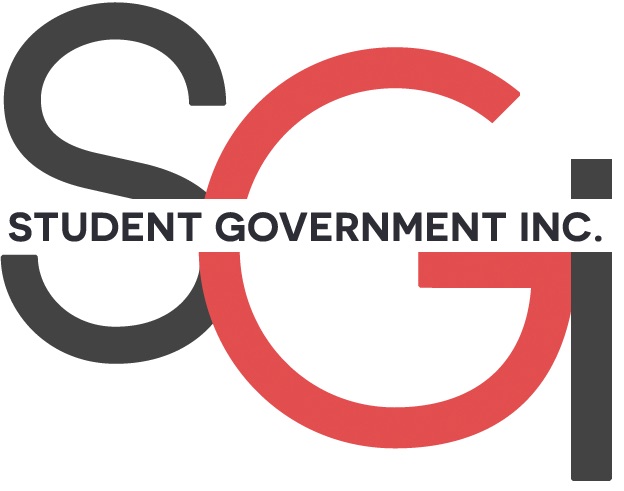New York Governor Andrew Cuomo is pushing to pass a proposed “Yes Means Yes” bill to help combat sexual assault on both private and public college campuses.
If passed, the bill will mandate New York State private college campuses to follow the “Yes Means Yes” policy, including “affirmative consent language, immunity from drug and alcohol violations for students reporting an assault, a bill of rights for victims and a policy training for all school officials,” according to Reuters. The regulation has already been enacted at all public New York State colleges.
As reported by the Wall Street Journal, according to Governor Cuomo’s office, “affirmative consent” would be defined as, “a clear, unambiguous and voluntary agreement between the participants to engage in specific sexual activity.”
Maurisa Fraser, a junior at St. John’s, believes the bill could serve as a bettering for students engaging in any sexual activity.
“To put things very bold and as straight as a yes or no, that would be an advantage to anyone that might be in harm’s way,” she said.
Along with a consensual approval, if passed the law would authorize private colleges to grant amnesty for any alcohol or drug violations to students who report an assault.
Sarah Hanna, a junior studying biology at St. John’s, believes this portion of the bill is an advantage, but understands why others may not perceive it as such.
“At the same time, it is a disadvantage because it could be used in the wrong way,” she said. “Someone could just say, ‘Oh, I was sexually assaulted’ but they weren’t really. They just have all these past violations that they want to clear up.”
Christopher Gabayan, a freshman at St. John’s, believes the bill could act only as an advantage.
“It empowers people who are victims to report it more,” he said.
According to Vice President of Student Affairs Dr. Kathryn Hutchinson and Associate Vice President and Dean of Students Dr. Daniel Trujillo, St. John’s currently practices drug and alcohol immunity authorization to students reporting an assault unless a significant crime is associated.
“If someone comes forward, they should come forward with full confidence that they will not be assessed in an alcohol or drug-marijuana violation,” said Trujillo.
“We always want students to come forward and help one another,” said Hutchinson. “We’re not looking to penalize people.”
The bill, proposed by Cuomo in 2013 and more recently on Jan. 17, is based on California’s new “Yes Means Yes” law. However, instead of instructing both public and private colleges to follow the policy, California law applies only to state-funded schools.
According to ABC News, New York’s “Yes Means Yes” policy was enacted to cover 64 state university campuses last year, but does not apply to private institutions.
In a news conference at New York University, Cuomo spoke on the subject of sexual assaults on college campuses and the necessity of this bill.
“I believe there are institutions that want to protect their relationships, and don’t want the attacks happening on their campus,” Cuomo said. “This is not a private matter. This is a crime.”
If the policy is enacted, Hutchinson looks to incorporate “Yes Means Yes” with freshman students during Orientation, on social media, during bystander training and with the Campus Community Response Team. The CCRT is comprised of 17 departments with students and faculty, and focuses on ensuring that all sectors of the university have a clear knowledge of what is happening.
“Having students as part of our CCRT group is beneficial because they can give us feedback and assist us in that process,” she said.
Fraser would like to see St. John’s offer information on enforcing “Yes Means Yes.”
“They [the school] should put programming in a place that supports this initiative,” she said. “Just like they do with every branding idea, they should make this a part of everything.”
Gabayan agrees. “It helps a lot more than it hurts,” he said. “I don’t think it hurts at all.”







